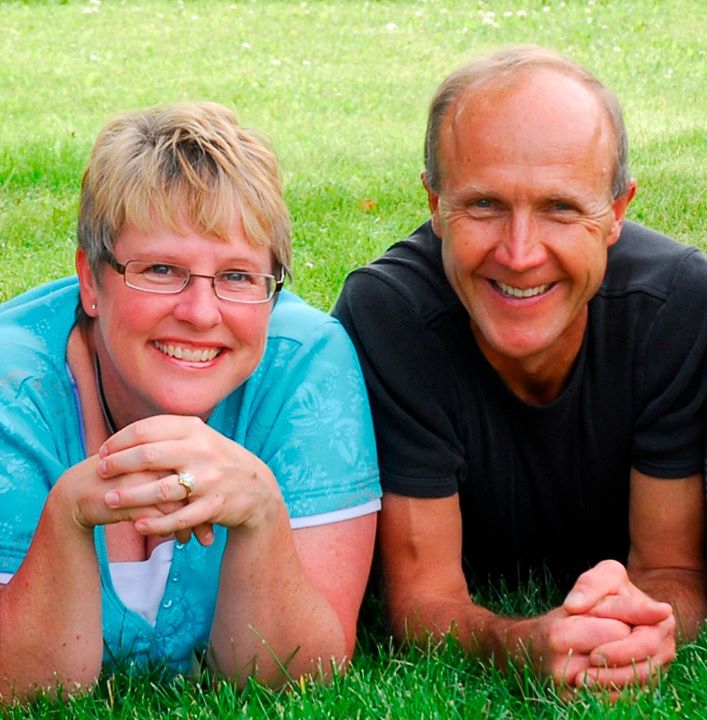Whether I’m working with people in their business or with couples in their relationship, I hear comments regularly that indicate that asking vs telling is an unkept secret for business and relationship success. Comments such as:
- “Why doesn’t she understand? I told her how.”
- “It’s his own fault because I told him what he needed to do.”
- “I told her and told her and told her and she just doesn’t seem to listen.”
Telling

If you’re similar to me, you may have a reaction to being told what to do. The most benign reactions might be walking away, ignoring what was said, or letting the other person know they are #1 with a specific finger upturned. More overt reactions could be colourful and vibrantly emphasized words aimed at the tellor, which smack them like the smooth side of a shovel.
Experience shows the “telling” habit does not lead to effective communication, healthy relationships, or getting the desired results. The telling behaviour diminishes trust and ultimately tears relationships apart.
Asking

On the other hand, if I am asked, I will do almost anything. I will put my heart and soul into the request and go above and beyond the expectations. I will feel fantastic about having the opportunity to help someone. It is truly a gift of love.
The Comparison
Telling builds walls of defense. Telling puts distance between people. Telling crumbles the foundation of a relationship. Telling create victimhood. Although it may not seem so at the time, telling is a position of weakness.
Asking brings people together. Asking creates a sense of cooperation and togetherness. Asking builds trust and makes the relationship stronger. Asking instills resourcefulness. Asking indicates a belief in the power of love.
I believe that as humans, we strive to help others – it’s a basic component of life and business. Every business I know is “in business” to help their customers get what they want or need, solve problems, or help them to feel good. In every healthy couple relationship I know, there is a desire to help each other to collectively experience joy, happiness, and success.
The unkept secret (a habit) is to be willing to ask for:
- how, specifically, we can help others, and;
- what, specifically, we want and need.
Unfortunately, most of us have no formal training in this, nor has it been modelled effectively for us. So, it takes conscious, consistent, and persistent work to create this powerful habit of asking.
Yes, I understand there are emergency situations where we must be authoritative and tell others what to do. However, that doesn’t happen often for most of us.
Asking vs telling – the challenge
Are you up for this? The challenge is to focus your intention and attention on asking specifically for what you want. These are how-to invitations – I’m not telling you what to do:
- I invite you to become consciously aware of your thoughts before any words slip past your lips.
- If the words were going to be, “Give me…”, “You should …”, “You need to …”, “You better…”, “Do this/that…”, “Don’t do that”, or anything of that nature, I invite you to STOP and take a deep breath. Those type of statements take away the other person’s ability to choose – they steal their freedom. Stealing is a criminal offence.
- I invite you to clarify in your mind specifically what you want. Is the desired result respectful, healthy, and beneficial for all involved? If your demand is a power-trip, manipulative, or based in ego, I invite you to call me because we have some serious coaching work to do.
- I invite you to reframe the statement in your mind so it is a question – an “ask.” Use, “Could you please …?”, “Would it be possible for you to …?”, “What might happen if you …?”, or “How would it work if you …?” or “”Can you tell me about…?”, or “Can you walk me through that?”, or “Can you help me to understand…?” These types of questions invoke choice and possibility. The question includes the other person as a valuable resource and allows you both to look at the situation with a different perspective.
One of two things will occur: (1) The person will gladly and gratefully fulfil your request, or (2) he/she won’t fulfil the request, and a positive dialogue and negotiation may occur which could lead to a solution far better than either person thought possible.
Here’s the deal
The words we use, and the way we use them, has a huge effect on the results we create in our lives. As I continue to practice with this asking model, I experience an increase in the quality of my relationships and create greater results personally and professionally. That’s my experience.
Asking vs Telling – What about you?

Do you want to enhance the quality of your relationships, and create greater happiness, joy, and success?
These 4 steps are invitations to creating a new habit, yet it is your choice whether you implement the challenge – or not.
If you don’t agree with these, or you are having challenges with application, could we have a conversation? I’d love to know your perspectives and to explore how I can help.
We invite you to call us at 7870-785-9479 or click on the blueish button below for a FREE consultation with us.


